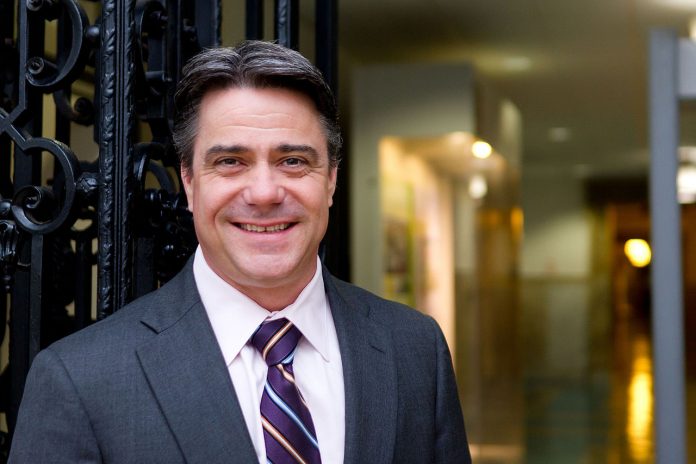By City Councilman Bobby Henon
Beginning in my first term in Philadelphia City Council, I launched the Bad Neighbor and Problem Properties Initiatives with two primary purposes: hold problem landlords accountable and create a framework through which all city departments were able to more effectively address problem properties through coordination and collaboration.
The problems stem from a large number of absentee landlords in the city who fail to maintain their properties as well as irresponsible renters and homeowners who allow properties to fall into disrepair. All of it drags down property values in otherwise solid neighborhoods in Northeast Philadelphia.
At the beginning, I held a series of public hearings that revealed a whole host of problems that weren’t being adequately addressed, issues such as property tax delinquencies, no renters licenses, habitual L&I violators and far too few L&I inspectors. These findings led to my reform of the city’s Property Maintenance Code, which simply didn’t hold property owners accountable.
In working on the subsequent launch of the Bad Neighbor and Problem Properties Initiatives, I coordinated with various city departments to complete an analysis of the district that definitively showed the relationship between Licenses and Inspections’ violations and property values in the Northeast and helped me identify landlords who owned multiple problem rental properties. Each of those landlords was engaged in conversations about remediation actions and, in some cases, subpoenas were issued. One of the key things that the work taught me was that having direct and open lines of communication with property owners is of critical importance.
Most importantly, the initiatives have resulted in active and regular collaborations among independently operating departments. Since its launch, our collaborative efforts have resulted in helping homeowners regain control of properties that were taken over by squatters; addressed problem properties occupied by individuals who were ultimately enrolled in mental health treatment services; provided improvements and aid to more senior citizens and fixed-income individuals whose homes had fallen into disrepair due to lack of resources or physical ability; assisted renters in holding their landlords accountable for meeting the housing safety and security requirements; worked in tandem with the police district captains to tackle complex public safety issues at several properties; and helped many neighborhoods. These initiatives are focused specifically on the “worst of the worst” and the most complex cases that need urgent attention and additional resources leveraged through community partnerships.
Currently, my office is dealing with several problem properties that I am actively working on. The disparate nature of these problems will give you a sense of the myriad problems we confront. Two are squatter properties; two are suspected drug/prostitution houses; one family is being tormented by their neighbor’s neglect of their property; one is a senior citizen whose husband recently died, leaving her – his wife of 60 years – with mounting bills, a deteriorating house and a complicated web of paperwork; and one is essentially an illegal junkyard. Most of these cases will take in excess of 60 hours of our collective time and effort to reach needed outcomes.
I don’t publicly discuss every single one of these stories because they are often deeply personal and sometimes stressful experiences for the constituents I serve. In most cases, I leave it up to the people who are involved and directly impacted to share information about their experiences and outcomes because, ultimately, it’s their life and their experience.
Our citizens’ quality of life matters greatly. The Bad Neighbor and Problem Properties Initiatives will continue to be a priority of my office. If you know of a problem property in your neighborhood, please contact my Northeast Philadelphia district office. We’re standing by to help.





